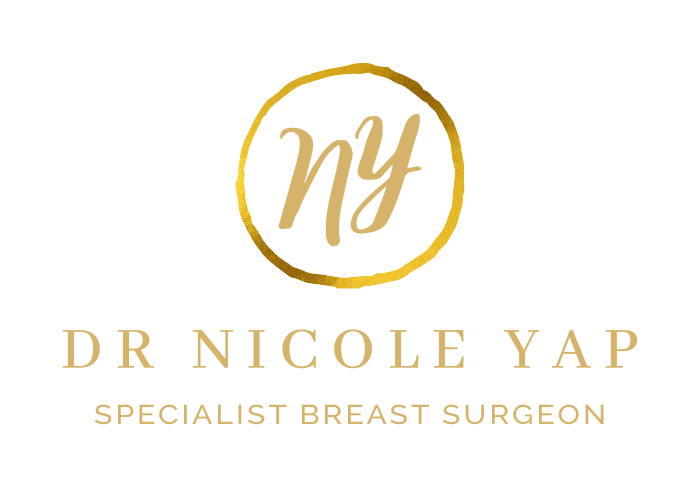In light of women’s health week, I thought I should share my interview with 3AW mornings. I was driving along listening to the issues regarding the sudden changes with access to mammograms, a very important topic.
This is an issue very close to my heart because as a breast cancer surgeon I feel that it’s really important to be proactive. We all know that early diagnosis saves lives, so if you can’t find something early, then by the time you do develop a symptom that is rebatable such as a lump, then it might have already spread, which means we haven’t caught it in its early stages. So this is actually quite an important issue.
Presenter: Tim, Nicole’s giving us a call. Hello, Nicole.
Dr Nicole Yap: Oh, hi, Tony. Sorry, I just was driving along and was listening to the issues with regards to mammograms. And this is pretty close to my heart because as a breast cancer surgeon I feel that it’s really important to be proactive. And so a lot of my patients will be getting mammograms and ultrasounds without necessarily having symptoms or having vague symptoms. And the issue is that in order to get a rebate, Medicare has stipulated only certain symptoms. And if you have no symptoms, which is the case in pre-cancer change, which mammograms are very good at picking up, you don’t get a rebate.
So I think a lot of the problem stems from the government, Medicare who have instigated the actual criteria for certain item numbers as to whether you get a rebate or not. And I’ve noticed a lot of my patients complaining about that. And so we put things down, which they often get is pain, especially in premenopausal age groups. And pain can be quite global, so if you don’t say localized pain and in what area, you don’t get a rebate. So even though if you do have a symptom like breast pain, you can’t get that rebate.
Presenter: So, I mean, in your view, is this unfair?
Dr Nicole Yap: I think it’s totally unfair because Medicare means that if they don’t give patients rebates, some patients can’t afford to get a mammogram and therefore their pre-cancer diagnosis may be missed because they don’t have symptoms. So I think that’s really unfair. And especially in all age groups. And I have to say that there has been a relatively recent change with the Medicare criteria regarding both breast ultrasound and mammography, which is used quite often in investigation of breast issues. And that has cut back a lot of the rebates, because patients come to me going, oh, I had to pay, like your caller said, up to 500 plus dollars. Now this is specifically so if you don’t fit into the breast screen criteria, which is publicly funded, which is only for certain age groups. So they’ll do that from… They advertise from 50, but from 45 up to 70 or 75, but then they’re missing out on 23% of all the breast cancers, which are under the age of 50.
Presenter: Well, it’s staggering that they should make these changes. And as you say, there are some people who simply can’t afford it so therefore their cancers are going undetected in a lot of the cases, quite literally. And this is not just looking for some cheap headline, but quite literally lives are being put at risk now.
Dr Nicole Yap: Correct. And we all know that early diagnosis saves lives. So if you can’t find something early, then by the time you do develop a symptom that is rebatable such as a lump, then it might have already spread. So we haven’t caught it in its early stages. So this is actually quite an important topic.
Presenter: It certainly is. And it’s one we’re going to try to follow up with the AMA and also the state government. So Nicole, Dr. Nicole, thanks very much for your time and for a bit of an explanation there as to why things have changed suddenly.
